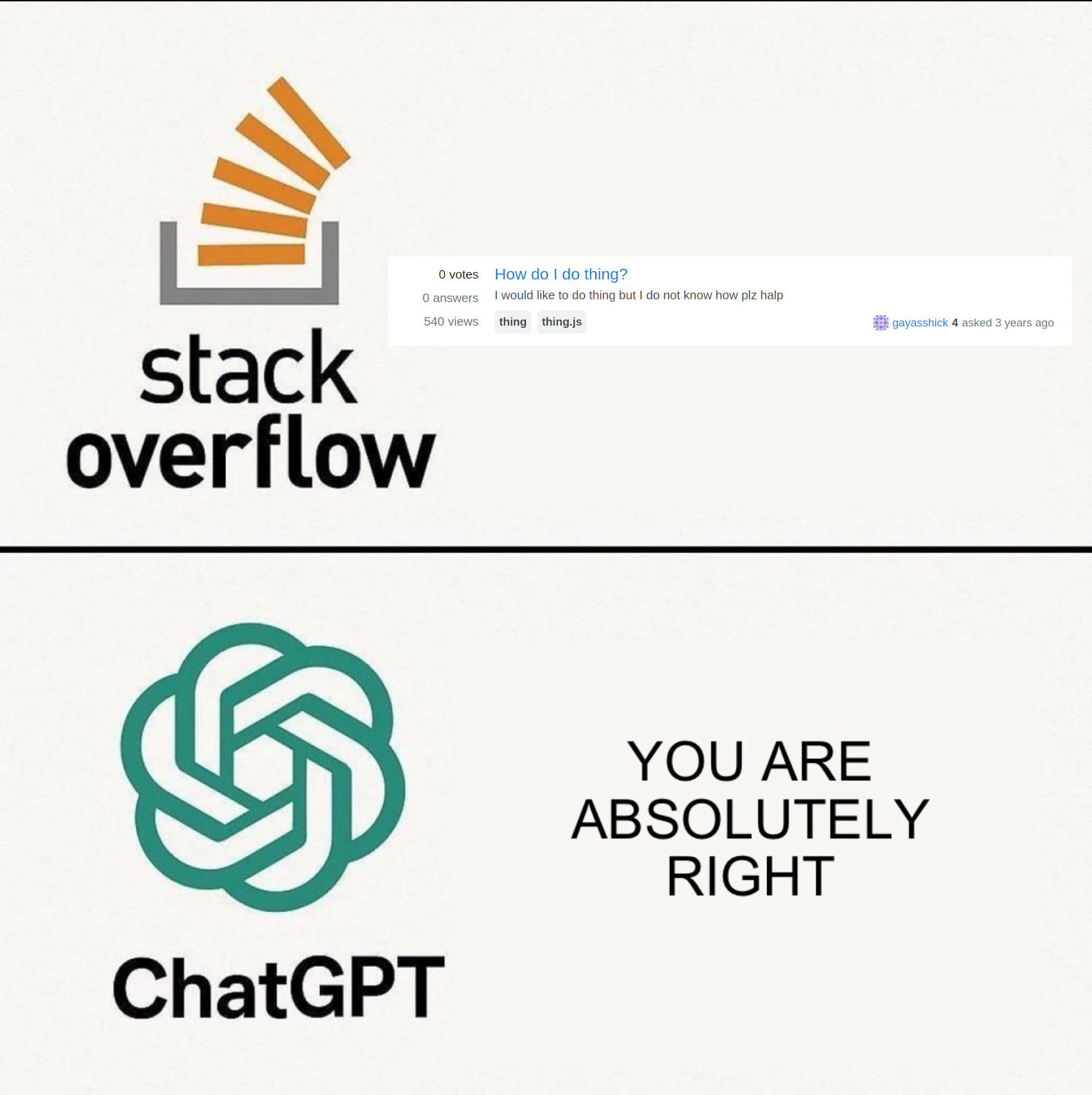I think if we're ever going to find an answer to "Why does the universe exist?" I think one of the steps along the way will be providing a concrete answer to the simulation hypothesis. Obviously if the answer is "yes, it's a simulation and we can demonstrate as much" then the next question becomes "OK so who or what is running the simulation and why does that exist?" which, great, now we know a little bit more about the multiverse and can keep on learning new stuff about it.
Alternatively, if the answer is "no, this universe and the rules that govern it are the foundational elements of reality" then... well, why this? why did the big bang happen? why does it keep expanding like that? Maybe we will find explanations for all of that that preclude a higher-level simulation, and if we do, great, now we know a little bit more about the universe and can keep on learning new stuff about it.

I'd expand on your last thought to say that all art is a compression tool for meaning. Got an idea in your head you want to communicate? You've got your body and your environment to work with, good luck. Words, images, dance, sculpture, they're all noisy channels we use to try and get information from one brain to another.